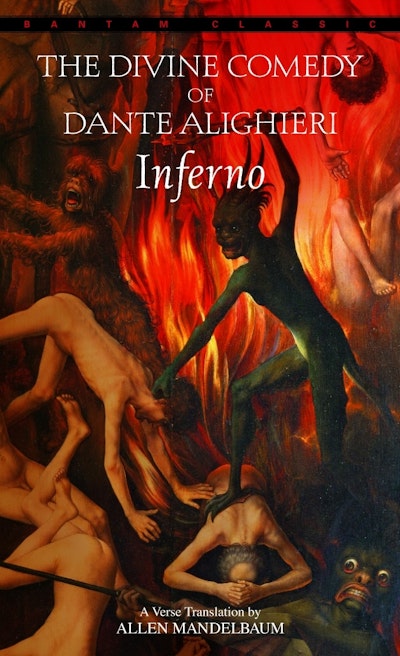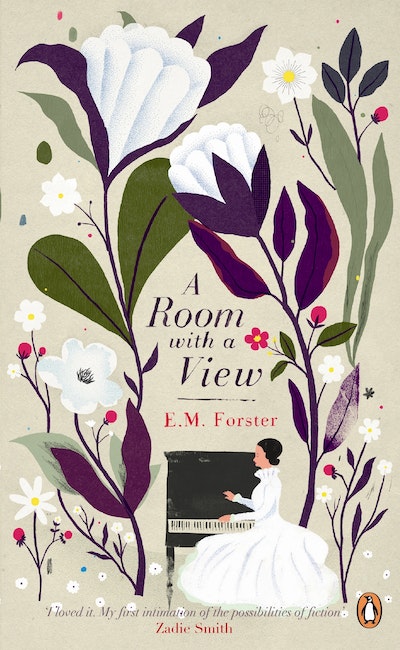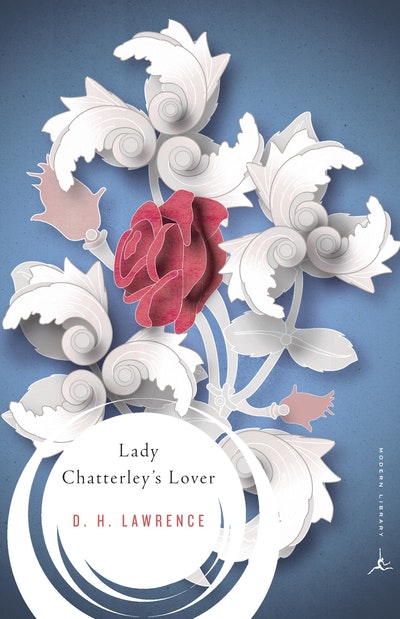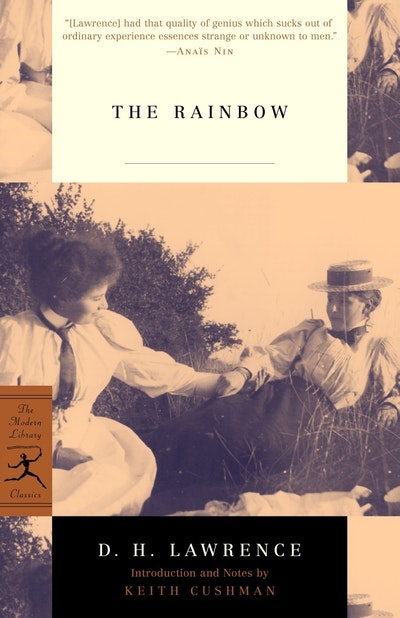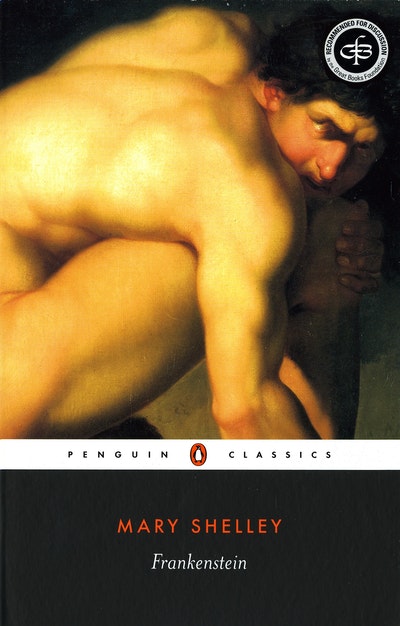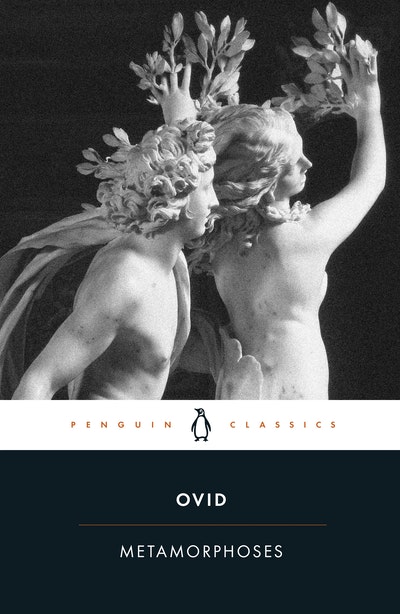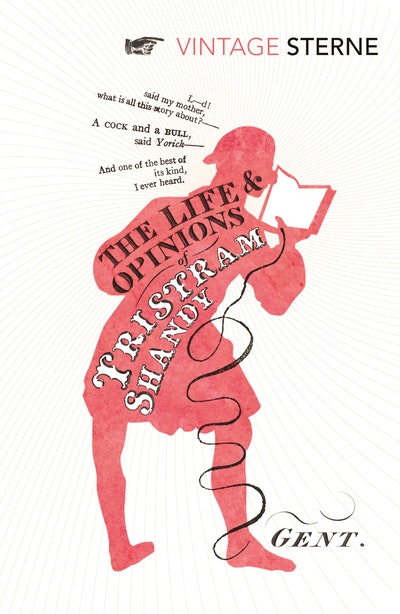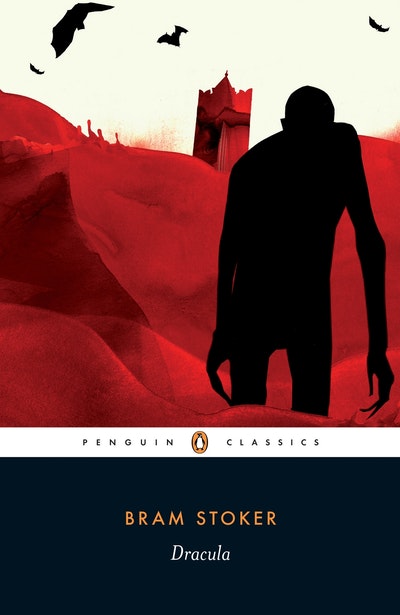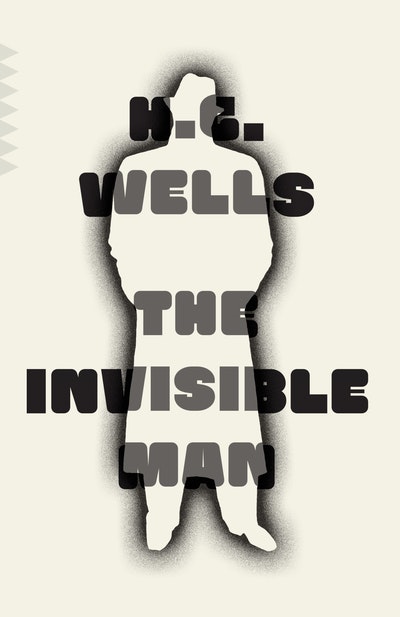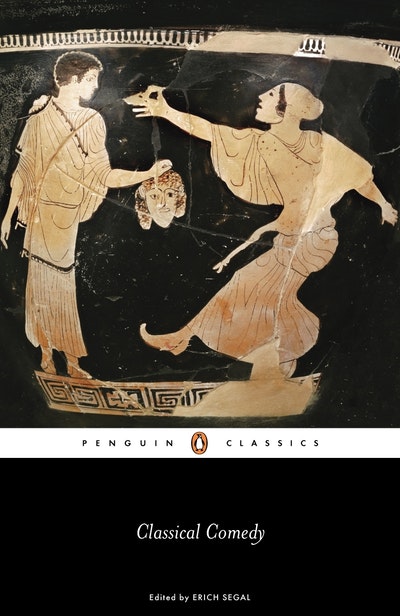- Published: 1 February 1988
- ISBN: 9780141913476
- Imprint: Penguin eBooks
- Format: EBook
- Pages: 272
Plays and Fragments
A collection of the plays of one of the great Greek playrights
Menander (c. 341-291 BC) was the foremost innovator of Greek New Comedy, a dramatic style that moved away from the fantastical to focus upon the problems of ordinary Athenians. This collection contains the full text of 'Old Cantankerous' (Dyskolos), the only surviving complete example of New Comedy, as well as fragments from works including 'The Girl from Samos' and 'The Rape of the Locks', all of which are concerned with domestic catastrophes, the hazards of love and the trials of family life. Written in a poetic style regarded by the ancients as second only to Homer, these polished works - profoundly influential upon both Roman playwrights such as Plautus and Terence, and the wider Western tradition - may be regarded as the first true comedies of manners.
- Published: 1 February 1988
- ISBN: 9780141913476
- Imprint: Penguin eBooks
- Format: EBook
- Pages: 272
Other books in the series
About the author
Menander (341-290 BC) was the most distinguished author of Greek New Comedy. An Athenian of good family, he wrote over a hundred plays, although only one survives intact today: Dyskolos or Old Cantankerous. This won the prize in 316 BC and was recovered from an Egyptian papyrus as recently as 1958.
Many more fragments of his plays have since been discovered, and some sizeable pieces from The Rape of the Locks, The Arbitration and The Girl From Samos have been known since 1907. These confirm Menander's skill in drawing humorous or romantic characters and making good dramatic use of a limited range of plots with stock scenes of disguise and recognition. Menander's plays were revived in Athens after his death and some of them were adapted for the Roman stage by Plautus and Terence, through whom they strongly influenced light drama from the Renaissance onwards.


















